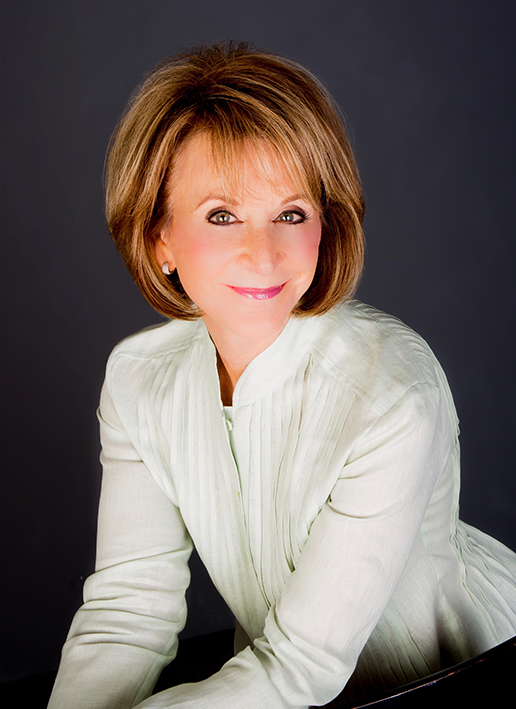Novelist as shrink
 So I’m re-reading Sweet Salt Air and seeing remarks about my characters’ emotional baggage. Take this brief excerpt. Charlotte, the main voice in Sweet Salt Air, is trying to explain to her BFF Nicole why she has never married.
So I’m re-reading Sweet Salt Air and seeing remarks about my characters’ emotional baggage. Take this brief excerpt. Charlotte, the main voice in Sweet Salt Air, is trying to explain to her BFF Nicole why she has never married.
“What terrifies me,” Charlotte said in a measured way, speaking from the heart as she couldn’t with anyone else, “is falling hard, getting hurt, and having to put my life back together again.”
“Like you did growing up.”
Charlotte didn’t reply. It would be easy to blame her parents, when she was at least partly at fault. She had lousy taste in men, dating ones who turned out to be either chronic playboys, profoundly needy, or married. Maybe she went for the bad ones to keep from falling hard in the first place.
She had thought about this. She had analyzed it in depth. When you live alone, travel alone, exist solely on the outskirts of other people’s lives, you do have time to wonder why what you want most in life is out of reach. You also have time to tell yourself that you don’t want it at all, though whether you can ever be completely convinced is something else.
Is this kind of analysis something I learned as a psych major in college? Whenever I talk with groups about my writing, I am asked about that. The answer is always NO. I went into psychology because I’m intrigued by the workings of people, not the other way around. Yes, psychology does enter my work, but simply because my books are about understanding my characters and helping them understand themselves.
Apparently, the same goes for readers. In The Summer I Dared, for instance, Julia Bechtel, a previously obedient woman, was able to turn the shock of surviving a horrendous accident into the courage to free herself from a bad marriage and make a new life for herself. I can’t tell you how many readers wrote me to say that this book was itself their “horrendous accident,” and that after reading Julia’s story, they found the courage to make profound changes in their own lives.
So, do you ever make like Charlotte when you face something that’s scary and new, and tell yourself that you don’t really want it at all? More to the point, do you believe it?

If you’d like to read more of Barbara’s book reviews, sign up for her newsletter here. You can also find her on Instagram where she frequently shares photos of her photography, family, and travels.
Want an insider peek to all things writing? Join her street team!
I was very much like Charlotte and still am to some degree in my personal life. In my professional life, where I’m a completely different person, I have been trained that to grow (or stretch they call it) you should be a little scared – the rule of thumb is 1 week of nightmares for a new job. This was so refreshing to learn, as I would have anxiety attacks and nightmares about compulsively doing my job every time I changed roles. It gave me permission to be scared, because it is normal.
Personally, have I gotten over the anguish of my divorce enough to trust again – I don’t know that I’ll ever get there. My friends all say that they don’t need a man, like the ability to paint, redecorate, re-landscape their homes without having to take into account another’s opinion. Are they in denial or in touch with their feelings? Others say 3 good friends and a pet will replace a man – I am tempted to add the condition that one has to be fairly skilled with tools.
My favorite Delinsky book is THE SUMMER I DARED-how about a sequel?